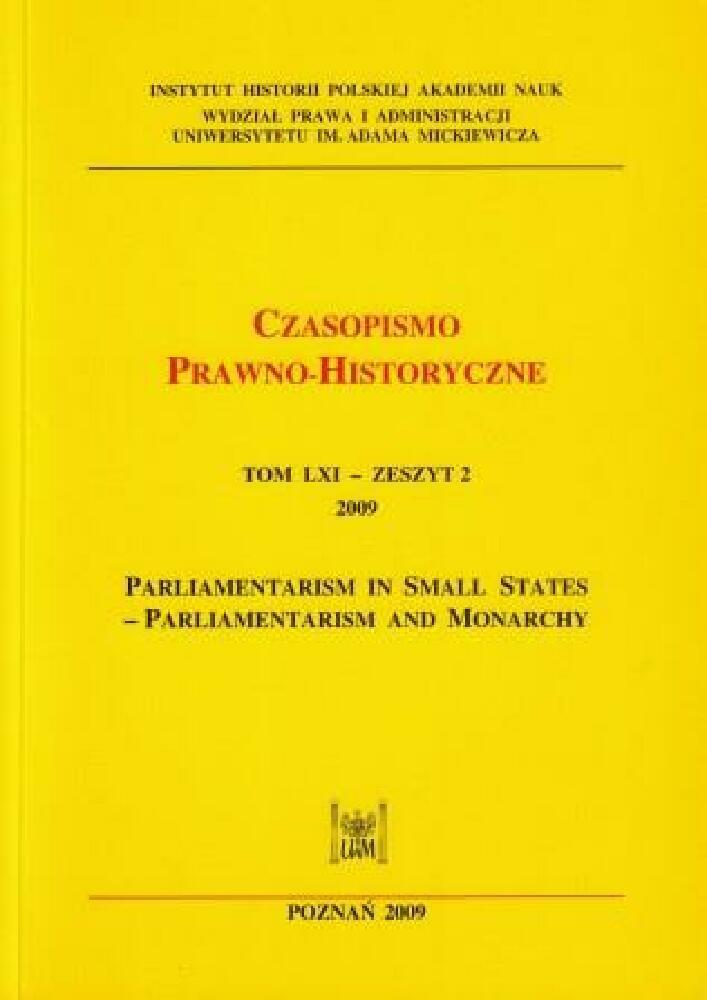Abstract
Despite the protestations of the so called ‘Aristocratic Home-Rulers’ of the parliament of 1460 and those later such as Molyneux in 1699, the Irish parliament more often than not had a relationship with the executive in Dublin and London, and indeed the Westminster parliament which usually saw it fulfil a roll as an inferior and submissive institution within the system of government, legislation and legal jurisdiction in British and Irish government in the early modern parliament. Irish historiography has been reasonably well served by historians eager to understand what the bold declarations of Darcy, the patriot parliament of 1689, Molyneux, and indeed the Yorkist dominated parliamentarians of 1460 meant, both at the time and what it could mean in the struggle for a parliamentary independence later in the eighteenth century and afterwards. This paper will attempt to instead look at the practical development of the Irish parliament, or what Tadhg Ó hAnnracháin terms ‘the grubby actuality’, and look at where it sits in the context of Irish political development and also what role it played in the parliamentary developments of a three kingdoms history. There will be a particular focus on attempting to determine to what extent the Irish parliament can be considered a small-state parliament, or in other words to consider and evaluate to what extent there was a narrow focus of the Irish parliament in the medieval and early modern period.
Funding
Digitalisation and OA co-funded by the Minister of Education and Science (Poland) under contract no. BIBL/SP/0002/2023/1
License
Copyright © by Faculty of Law and Administration, Adam Mickiewicz University, Poznań, 2009OPEN ACCESS




